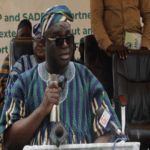
The Agriculture Minister, Eric Opoku, has announced that government will inject $20 million into 12 selected districts across the five Northern Regions to strengthen food and nutrition security in the Northern-Savannah ecological zone.
He said the money is a grant from the Global Agriculture and Food Security Programme (GAFSP) to support smallholder farmers and boost agricultural productivity.
According to the Minister, Ghana’s agricultural sector, though full of potential, continues to face numerous constraints that limit its ability to drive socio-economic development, create jobs, and ensure sustainable food systems.
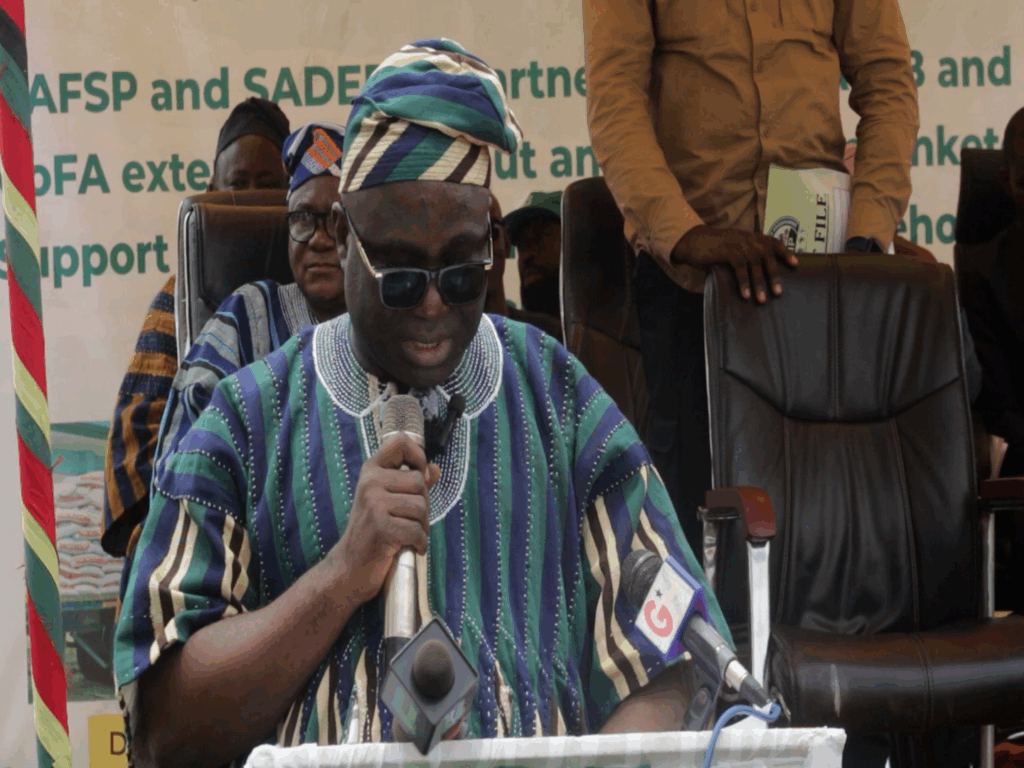
“The government recognises that transformative growth in the sector cannot occur without deliberate efforts to overcome these challenges and enhance productivity,” he noted.
Mr. Opoku made these remarks in Tamale at the launch of the project, which will provide agro-inputs and other support to farmers in the Northern Savannah zone.
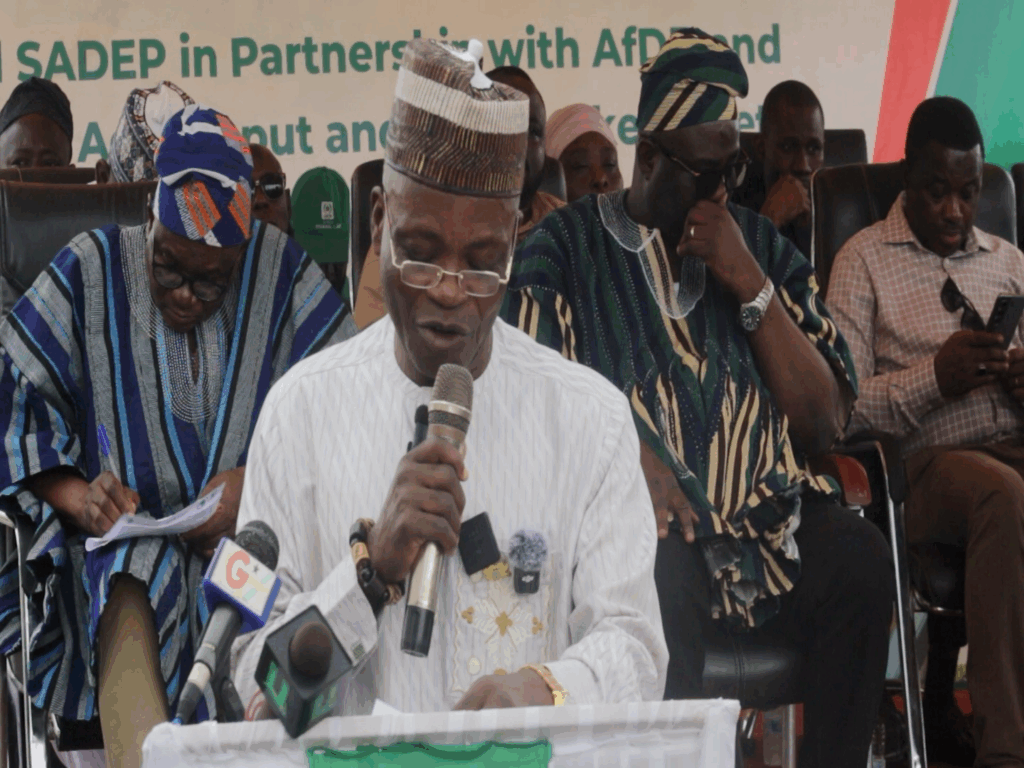
The initiative will be implemented in 12 districts, including Tamale Metro, Mion, Savelugu, Nanton, West Gonja, East Mamprusi, Mamprugu Moagduri, Bawku West, Wa Municipal, Nandom, Sissala East, and Krachi East.
The districts, he said, were carefully selected to ensure concentrated and measurable impact.
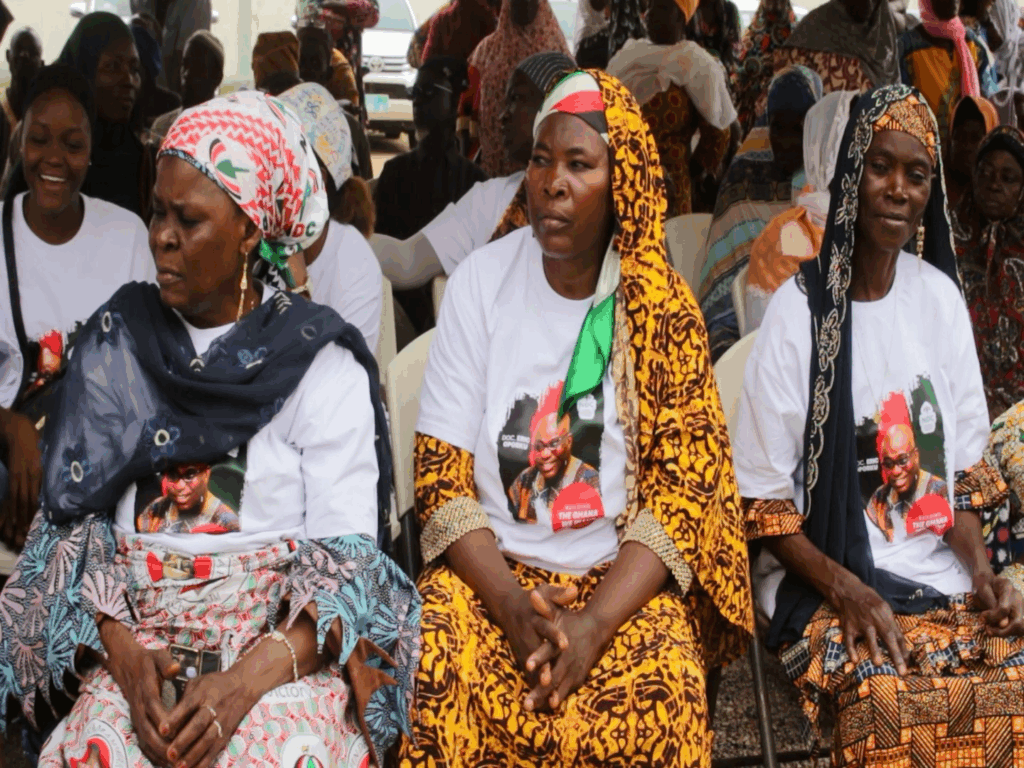
The project is expected to benefit at least 50,000 households, with special focus on 30,000 women and youth. It will support climate-smart local food production, increase yields in maize, rice, soybean, cowpea, and groundnut, and introduce year-round vegetable farming through solar-powered irrigation systems.
“The objective is to increase climate-smart local production and enhance food and nutrition security, especially for women, youth, and vulnerable groups,” Mr. Opoku said.
He added that the project is a strategic scale-up of the Savannah Investment Programme, designed to broaden its reach, improve livelihoods, and contribute to government’s vision of building sustainable and resilient food systems.
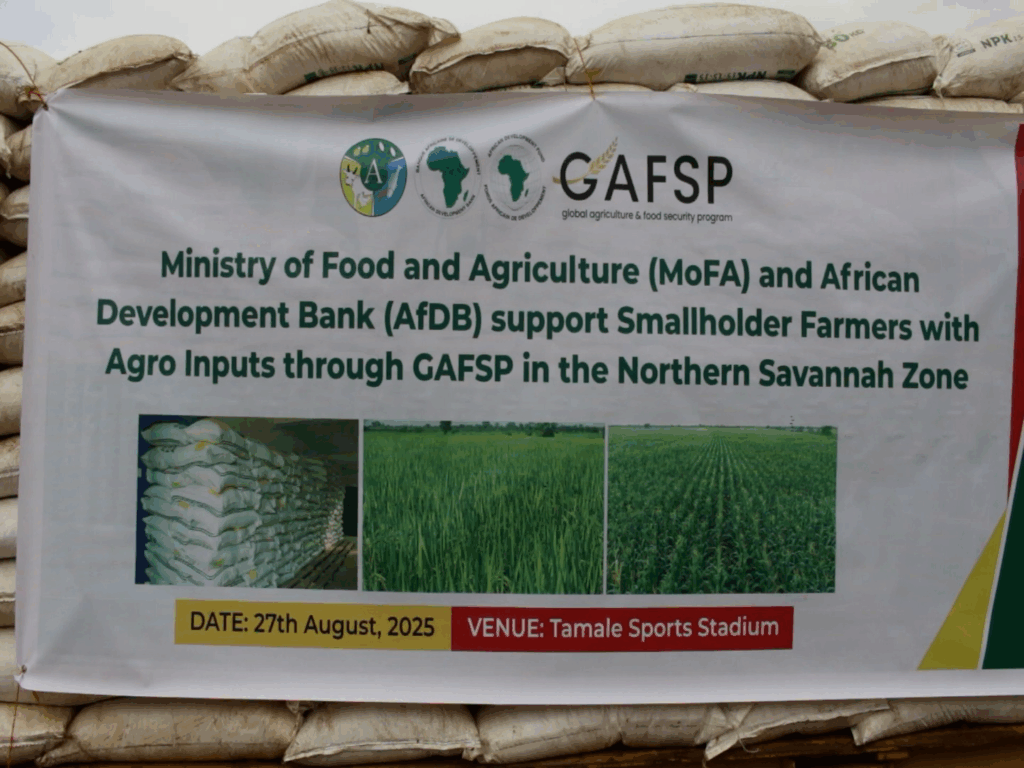
The project will focus on access to finance to boost incomes and food availability, strengthen the poultry value chain, and reduce imports.
Other components include the provision of solar-powered small-scale irrigation systems and input support.
Mr. Opoku revealed that 20 solar-powered boreholes will also be provided to selected Senior High Schools to improve school farming systems and support feeding programmes.
The Northern Regional Minister, Ali Adolf John, also called for collaborative efforts to ensure the success of the project, describing agriculture as the driving force of rural development and transformation.